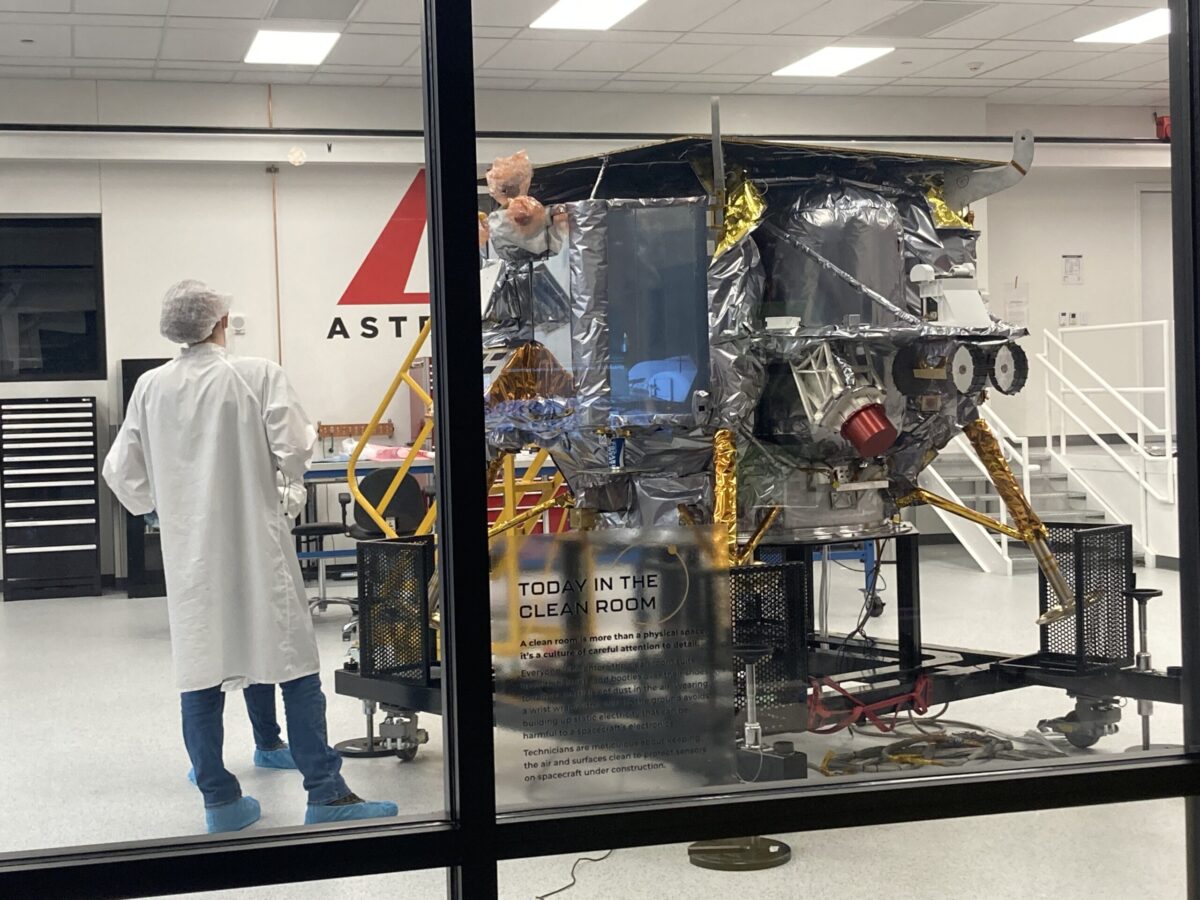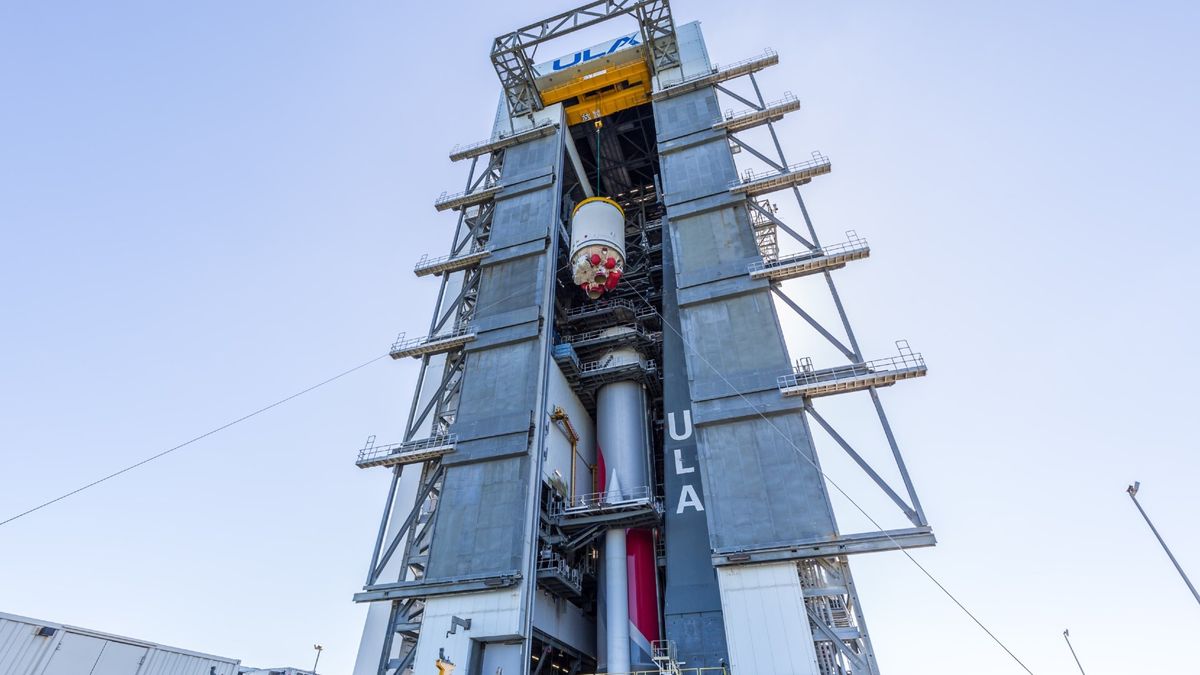Astrobotic, a Pittsburgh-based company, has announced that its first lunar lander, Peregrine, is fully prepared for launch. The lander has successfully completed its final checkouts and fueling after being integrated with United Launch Alliance’s Vulcan Centaur rocket. The scheduled launch date for this historic event is January 8, marking a significant milestone in lunar exploration.
Key Takeaway
Astrobotic’s Peregrine lunar lander is set to launch on January 8, carrying 20 payloads for government and commercial customers. This mission, part of NASA’s CLPS program, represents a significant step in commercial lunar exploration and the debut of ULA’s Vulcan Centaur rocket.
Peregrine’s Mission and Payload
The nearly two-meter tall Peregrine lander is set to carry 20 payloads for both government and commercial customers. With a payload capacity of 90 kilograms, it will operate for approximately 192 hours after landing on the lunar surface. During this time, it will provide power and communications to the various payloads. Astrobotic is charging about $1.2 million per kilogram of mass delivered to the lunar surface, as indicated in the payload user’s guide on their website.
Commercial Lunar Payload Services (CLPS) Program
Astrobotic’s mission is being executed as part of a $79.5 million contract from NASA under the agency’s Commercial Lunar Payload Services (CLPS) program. Additionally, the company has been awarded a second CLPS contract for its larger Griffin lander, with a planned launch in late 2024. This initiative reflects NASA’s commitment to partnering with commercial entities to facilitate lunar exploration.
Implications and Future Endeavors
The successful launch of Peregrine will not only mark a significant achievement for Astrobotic but also signify the inaugural flight of United Launch Alliance’s Vulcan Centaur rocket. This launch is pivotal for ULA, which has faced delays, pushing back the debut of its Vulcan Centaur rocket by several years. The company aims to conduct multiple Vulcan flights in the coming year and fulfill a multi-billion-dollar 38-launch deal with Amazon for its Project Kuiper satellite broadband constellation.

























